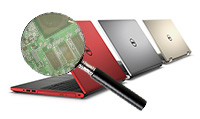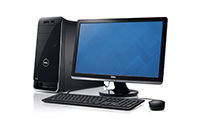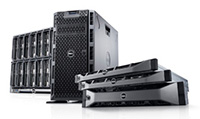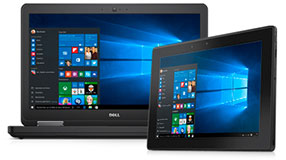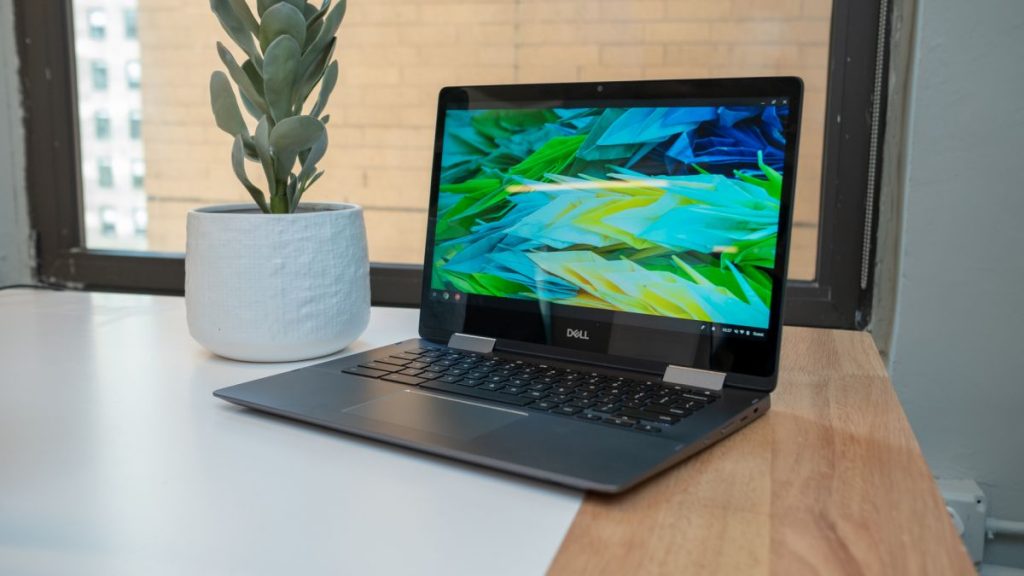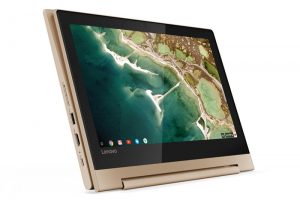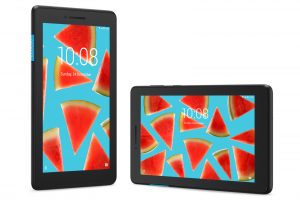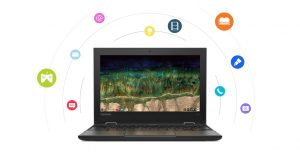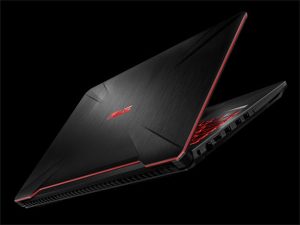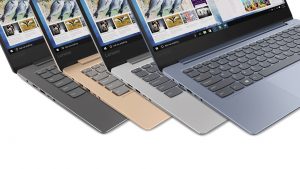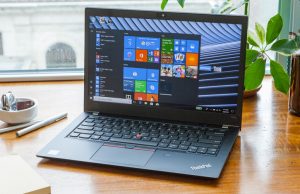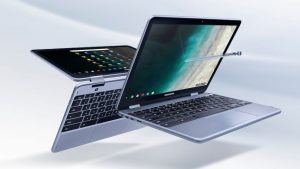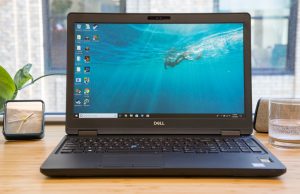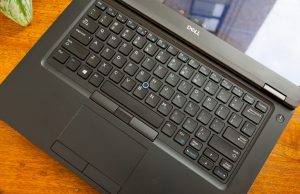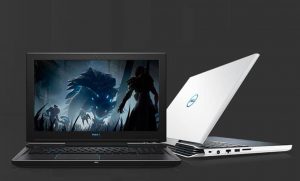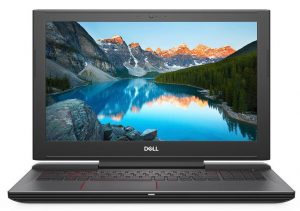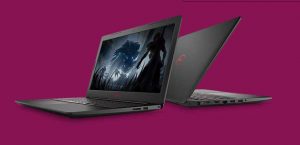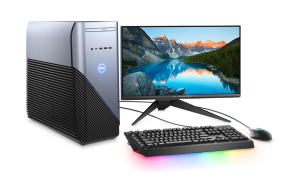

The new Precision Tower 5810, 7810 and 7910 desktops will support up to 4TB of SSD storage and 1TB of DDR4 memory, and the lineup even includes a Rack 7910 desktop, which resembles a rack server. They will feature super high-end graphics cards and Intel’s new Xeon E5-2600 v4 chips, which have up to 22 cores. Altogether, the increased performance, graphics and memory will “support an optimal VR experience” for professional users. This means the PCs will be able to do more than simply run VR apps and games; it will be able to help create them. Buyers will have their choice of GPUs, including Quadro M6000, Quadro M5000, GTX 970 or GTX 980 from Nvidia, or FirePro W9100 or Radeon R9-390X from AMD. The towers will undergo several performance tests by Dell to ensure that they work well with head-mounted displays, software vendors and third-party benchmarks. Luckily for Dell, a lot of this knowledge is already available to them in-house through their subsidiary Alienware.
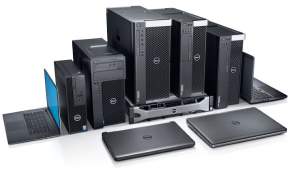


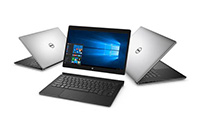 Laptop & Tablet Parts
Laptop & Tablet Parts